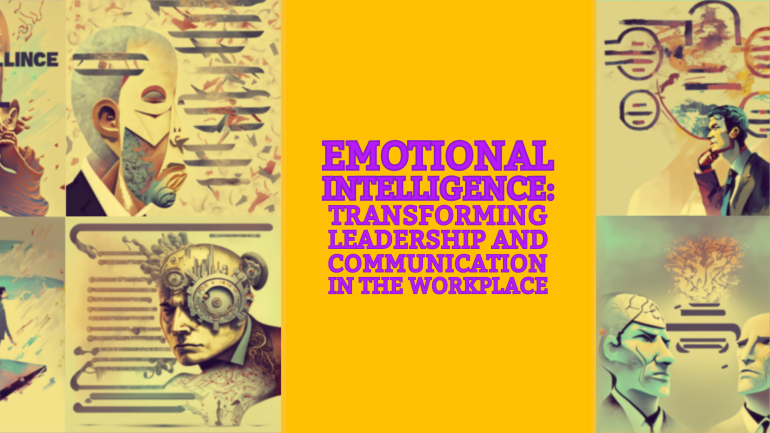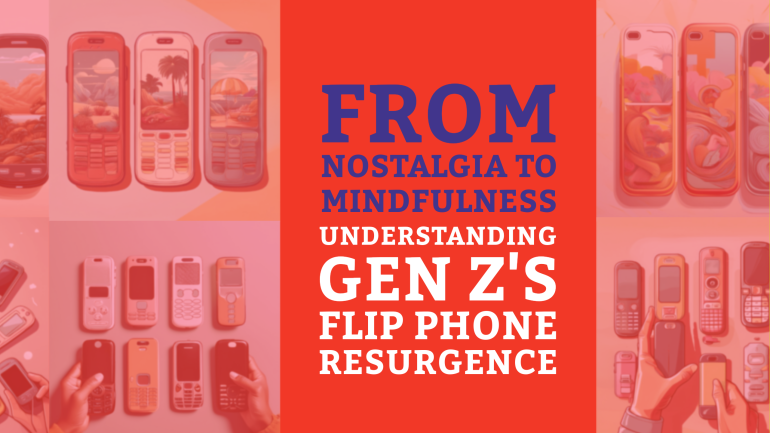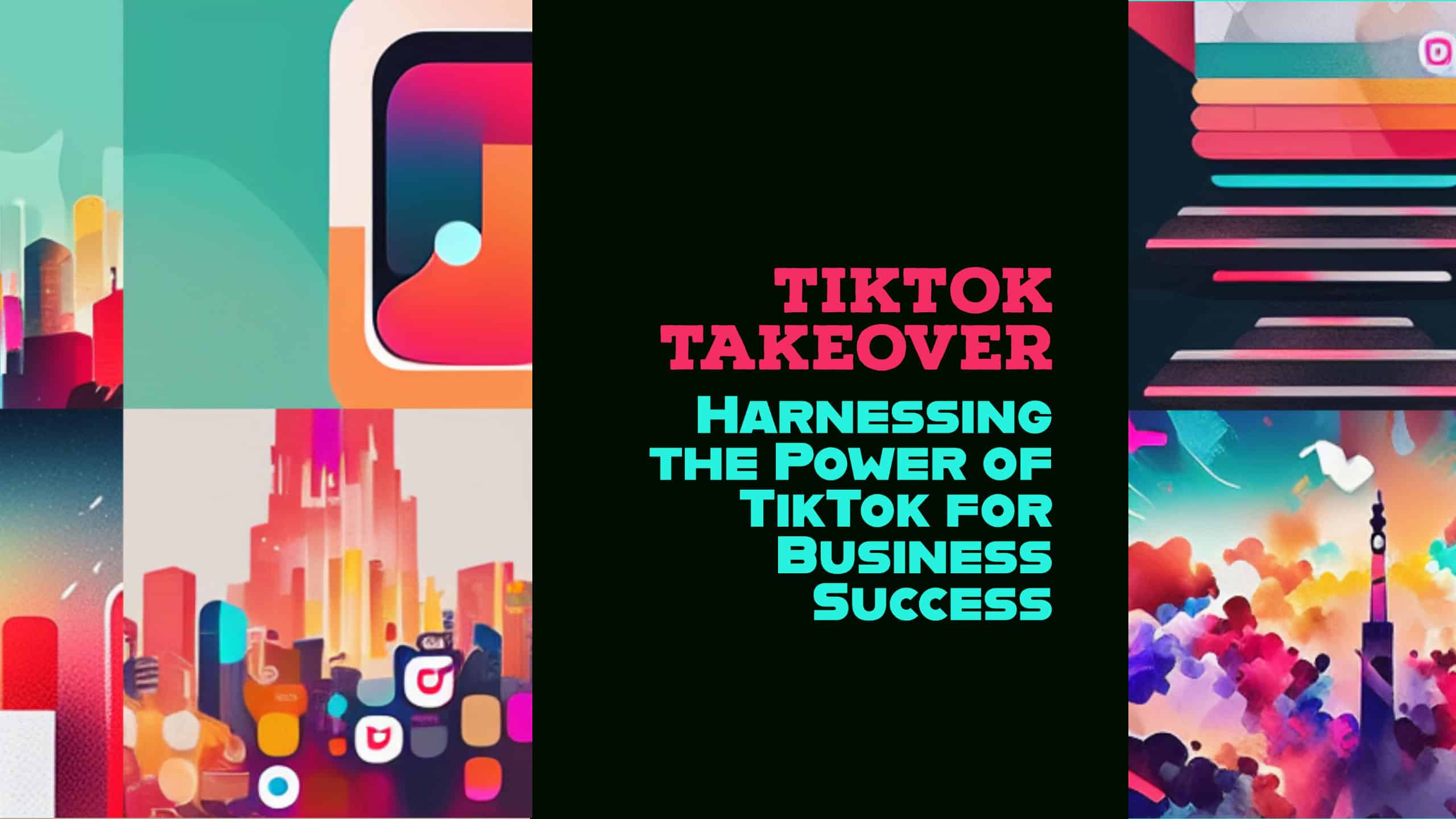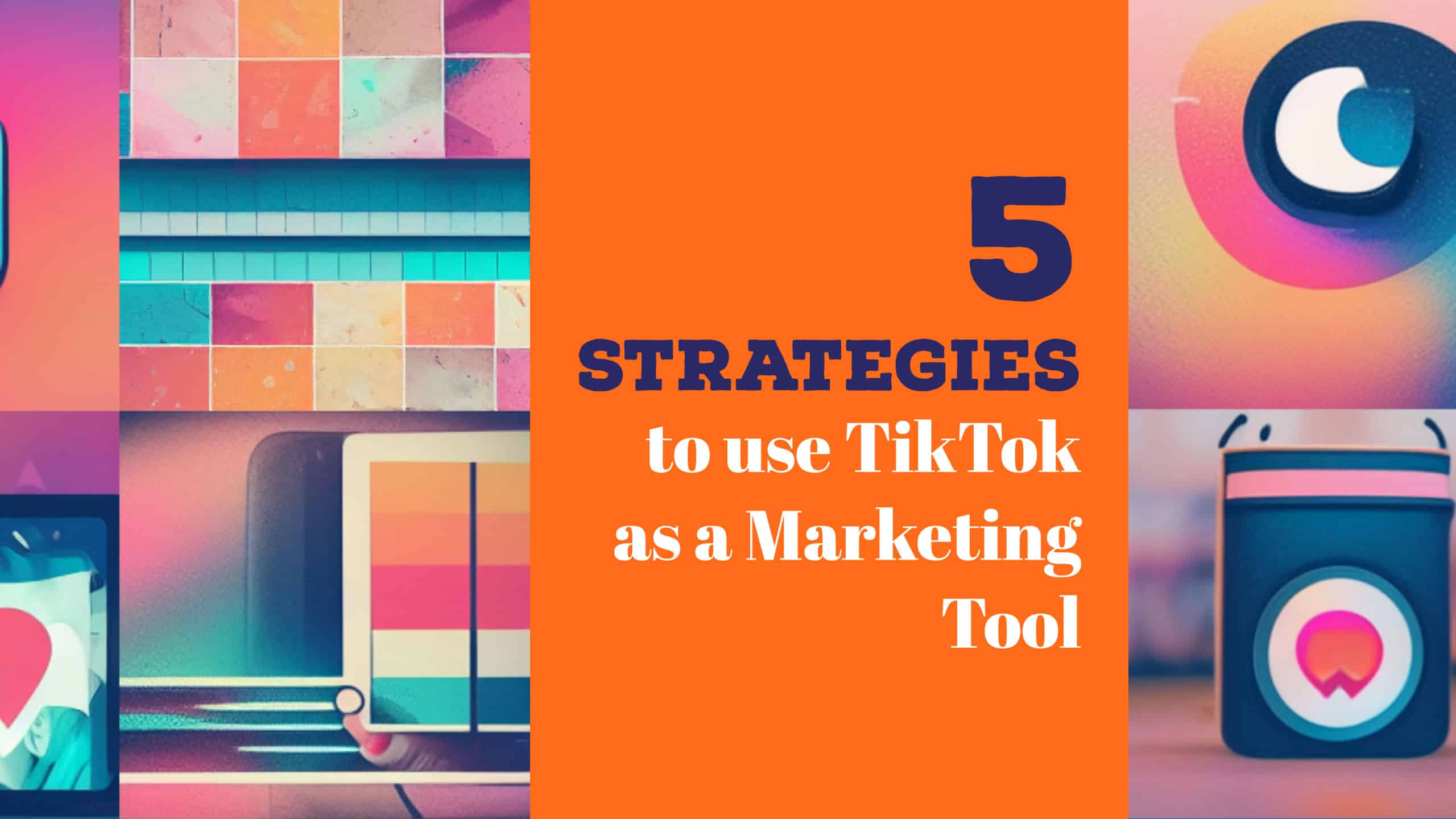Emotional Intelligence: Transforming Leadership and Communication in the Workplace
Table of Contents
TL;DR: The Role of Emotional Intelligence in Business Communication
- Core to Professional Success: Emotional Intelligence (EI) is essential for managing emotions, enhancing communication, and empathizing in professional settings.
- Leadership Transformation: EI in leadership fosters team morale, job satisfaction, and productivity through understanding and empathy.
- Enhances Workplace Relations: EI cultivates trust, respect, and effective negotiation, crucial for team collaboration and customer interactions.
- Navigating Digital Challenges: Adapting EI strategies for digital communication ensures the maintenance of emotional connections and empathy online.
Introduction
Emotional Intelligence (EI) transcends the realm of trendy business jargon, establishing itself as an indispensable asset in the corporate sphere. In an era where interpersonal dynamics significantly influence workplace efficiency, EI emerges as the keystone that refines communication, leadership, and collegial relations. This discourse ventures into the expansive role of EI within business communication, shedding light on how cultivating this nuanced skillset can catalyze a more cohesive, empathetic, and productive organizational environment. By dissecting the essence of EI and its practical applications, we aim to equip professionals with the insights needed to harness EI’s potential, paving the way for enriched interactions and a fortified workplace culture.
Understanding Emotional Intelligence
At its core, Emotional Intelligence is a constellation of competencies including self-awareness, self-regulation, intrinsic motivation, empathy, and adept social skills. These components collectively empower individuals to adeptly navigate the emotional landscape of themselves and others, enhancing interpersonal interactions and decision-making processes. Unlike IQ, which quantifies cognitive abilities, EI delves into the realm of emotional perception and control, serving as a pivotal influencer of both personal contentment and professional triumph. This synergy of emotional and intellectual faculties not only enriches individual experiences but also fortifies the foundational structures of effective communication within the business environment.

Emotional Intelligence in Leadership
Leadership infused with emotional intelligence acts as a catalyst for elevating team morale, fostering job satisfaction, and driving productivity to new heights. A leader adept in EI possesses the acumen to attune to the emotional frequencies of their team, enabling a supportive and motivating atmosphere. Such leaders excel in conflict resolution, applying their emotional acuity to untangle disagreements with grace, thereby cultivating a workplace ambiance characterized by positivity and collaborative spirit. The infusion of EI into leadership styles transforms traditional hierarchical relationships into dynamic interactions based on mutual respect and understanding, significantly impacting organizational dynamics and outcomes.
Building Stronger Relationships
In the fabric of professional relationships, empathy and active listening stand out as integral threads woven by the hands of emotional intelligence. Empathy permits a profound dive into the perspectives and feelings of others, establishing a bridge of genuine connection that transcends mere transactional interactions. Coupled with active listening, wherein attention is fully accorded to the speaker, these elements of EI create a robust framework for nurturing trust, respect, and mutual appreciation. The cultivation of such relationships within the business realm fosters an environment where collaborative efforts thrive, powered by the cohesive bonds of understanding and respect.
Emotional Intelligence in Negotiation
In the intricate dance of negotiation, emotional intelligence serves as both compass and map, guiding participants through the emotional undercurrents to achieve harmonious resolutions. Skilled negotiators, armed with EI, adeptly read the room, picking up on subtle emotional signals that inform strategy adjustments in real-time. This ability to manage personal emotions and respond to those of others lays the groundwork for negotiations that steer clear of antagonism, instead gravitating towards outcomes that offer mutual gains. The strategic application of EI in negotiations not only enhances the potential for success but also fortifies long-term business relationships through the demonstration of respect, understanding, and fairness.
The Impact of EI on Employee Engagement
The ripple effect of emotional intelligence within the domain of employee engagement is profound, catalyzing heightened levels of motivation and commitment. Leaders who navigate with an EI compass are adept at aligning the organization’s goals with the emotional aspirations of their team, engendering a sense of purpose and belonging. Such alignment is instrumental in mitigating workplace stress, paving the way for a healthier, more balanced professional environment. By fostering an atmosphere where employees feel emotionally supported and understood, organizations can unlock the full potential of their workforce, translating into remarkable productivity and innovation.
Emotional Intelligence and Customer Relations
The application of emotional intelligence extends beyond internal dynamics, casting a significant influence on customer relations. EI equips professionals with the foresight to anticipate customer needs, fostering interactions that are not only responsive but also preemptively considerate. This proactive empathy strengthens customer trust and loyalty, establishing a foundation for relationships that transcend the transactional. In an era where customer experience often dictates competitive advantage, the ability to engage with customers on an emotional level emerges as a key differentiator, reinforcing the indispensable value of EI in crafting customer-centric strategies.
Improving Emotional Intelligence
The path to enhancing emotional intelligence is marked by intentional practices aimed at deepening self-awareness and refining emotional regulation. Techniques such as reflective journaling, mindfulness meditation, and feedback solicitation serve as tools for individuals to gain insights into their emotional patterns and triggers. This introspective journey not only illuminates aspects of one’s emotional landscape but also equips individuals with the strategies to navigate high-stress scenarios with composure. By committing to these self-improvement practices, professionals can cultivate an EI that resonates through their interactions, contributing to a workplace that values emotional acumen as much as intellectual expertise.
Challenges of EI in the Digital Age
The digital transformation of communication presents a nuanced challenge to the expression and perception of emotional intelligence. Virtual platforms, while facilitating connectivity, often strip away the richness of face-to-face interactions, making the transmission of empathy and understanding more cumbersome. Professionals are thus tasked with adapting their EI competencies to navigate the digital medium effectively. Strategies such as prioritizing video conferencing to capture non-verbal cues and exercising thoughtfulness in tone and language in written communications can bridge the gap. These adaptations are crucial in ensuring that the essence of EI transcends physical barriers, maintaining the integrity of emotional connections in the digital realm.
Case Studies
The transformative impact of emotional intelligence in the business sector is vividly illustrated through case studies such as Company X’s leadership overhaul and Company Y’s team dynamics enhancement. These real-world examples showcase the tangible benefits of integrating EI principles into corporate culture, from heightened employee satisfaction to streamlined team collaboration. By dissecting these cases, we glean valuable insights into the practical application of EI strategies, affirming their efficacy in fostering environments where innovation, satisfaction, and productivity flourish.
Conclusion
Embarking on the journey of mastering emotional intelligence is a continuous endeavor, one with far-reaching implications for both personal development and professional achievement. Investing in the cultivation of EI lays the groundwork for navigating the complex tapestry of human emotions, facilitating interactions that are both meaningful and effective. As we champion the integration of emotional intelligence into business communication, we invite individuals and organizations alike to embrace this pursuit, envisioning a future where empathy, understanding, and emotional acumen are heralded as cornerstones of a successful and compassionate workplace.
FAQs
Q1: What is Emotional Intelligence (EI)?
A1: Emotional Intelligence is the ability to understand, use, and manage your own emotions in positive ways to relieve stress, communicate effectively, empathize with others, overcome challenges, and defuse conflict. It includes competencies like self-awareness, self-regulation, motivation, empathy, and social skills, which are crucial for successful interpersonal interactions and decision-making processes in both personal and professional settings.
Q2: Why is EI important in the workplace?
A2: EI is vital in the workplace because it influences how we manage behavior, navigate social complexities, and make personal decisions that achieve positive results. In a professional context, EI is fundamental for effective leadership, team collaboration, conflict resolution, and customer service. It enhances communication, builds stronger relationships, and creates an empathetic, productive organizational culture, leading to increased job satisfaction and overall business performance.
Q3: How does EI affect leadership?
A3: Leaders with high emotional intelligence can better understand and manage their own emotions and the emotions of others. This ability allows them to communicate more effectively, motivate their team, and navigate conflicts in a way that fosters respect and understanding. EI in leadership helps in creating a positive work environment, improving team morale, and driving productivity, making it a critical component for successful management and organizational growth.
Q4: Can Emotional Intelligence be improved?
A4: Yes, Emotional Intelligence can be improved through intentional practice and commitment. Techniques such as reflective journaling, engaging in mindfulness practices, soliciting feedback from peers, and actively practicing empathy and active listening can help individuals enhance their EI. These practices encourage a deeper understanding of one’s emotional responses and the development of strategies to manage emotions effectively in various situations.
Q5: What are the challenges of EI in the digital age?
A5: The digital transformation of communication poses challenges to expressing and perceiving EI, as online interactions often lack the non-verbal cues found in face-to-face communication. Professionals need to adapt their EI skills to effectively convey empathy and understanding through digital platforms. Strategies to overcome these challenges include prioritizing video calls to capture non-verbal cues, being mindful of tone in written communications, and making an effort to understand the emotional context of online interactions.





